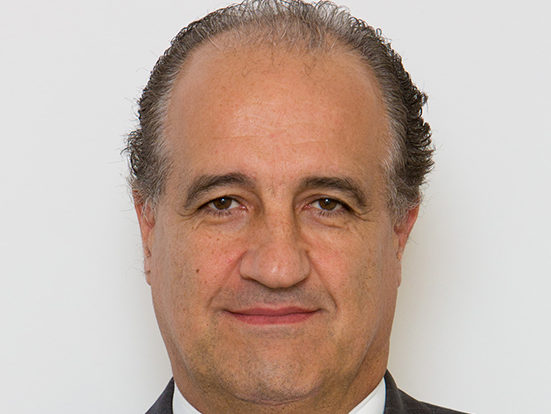Those who have chosen EPDItaly tell their story: COLABETON

Interview with Eng. Fabrizio Pedetta – General Manager of Colacem and Colabeton
What are the main reasons that pushed you towards the voluntary EPD certification?
We live in a world that is becoming increasingly aware of the effects of human activities on the environment. Knowledge, technology, innovation and professionalism have been and remain for Colabeton the basis for producing concrete in a sustainable way. We are very attentive to the environment and strongly believe in dialogue with the communities in which our plants operate. A relationship that the company bases on transparency and facts. The Environmental Product Declaration (EPD), obtained according to an accredited and authoritative process, represents for Colabeton a step forward for sustainability, thanks to which Stakeholders can clearly and objectively verify the environmental performance of the products.
Which product of your company has obtained the EPD? What are its main features?
The first concretes to be equipped with EPD are the 5 of the Mediglia (MI) plant, i.e. a CLS RCK20, three types of dryCrystal RCK3, characterized by very low water permeability and, therefore suitable for watertight structures, a BeForce RCK55, high performance and mechanical resistance product. The choice of this plant by Colabeton is due to the strategic importance of this plant in this metropolitan area, which is usually very active in terms of public works. Our customers will certainly be facilitated by this certification.
What are the main advantages obtained from the publication of the Environmental Product Declaration? What are the repercussions on the final consumer?
Colabeton produces concrete, a material that is obtained from the mix of cement, natural aggregates (sand and gravel), water. Cement, which is the component of the mix with the greatest impact, is in any case purchased by Colacem, a Group company that has always invested in the best technologies available, deeply convinced that focusing on sustainability also means remaining competitive in an increasingly difficult market. With regard to other raw materials, in some cases we can replace part of them with recycled materials, but we are talking about very low percentages, as there are still a number of regulatory and cultural obstacles that limit their use. Limiting the impact on the environment and ensuring safety and health in the workplace are priority values for us, as well as efficiency, quality and profitability. We therefore believe that having the EPD certification of our concretes is a further step towards the sustainability of the company. This guarantees a reliable energy and production efficiency indicator, able to monitor the improvement of the environmental performance of the entire process projected on products and services.
The final consumer will thus be able to benefit from an ultra-controlled product, which guarantees quality and safety, as well as maximum respect for the environment. Features increasingly needed in the construction industry today.
Do you think that EPDItaly can contribute to spreading the culture of product sustainability?
We are convinced that the future will only be for sustainable companies. EPDItaly is actively and positively contributing to this process of cultural evolution that involves all market operators. In the past, the logic on the basis of which the products were selected were linked to substantially quantitative and performance criteria. We are experiencing a new reality, in which the choice of the product is made by considering more and more indicators related to the theme of sustainability.
How important, in your opinion, is the presence of sustainable Italian products within a Program Operator that makes the international network one of its strengths?
Despite everything, Italy is still today a point of reference in various sectors; innovation, design, beauty, quality, originality are objectively part of our DNA. The country is not always at the forefront of challenges concerning environmental protection. The concrete sector has characteristics such as to be able to participate positively in the solution of some important problems, as is already the case in a large part of the countries most attentive to sustainability issues. In this sense, the role of EPDItaly can also be a great incentive.

